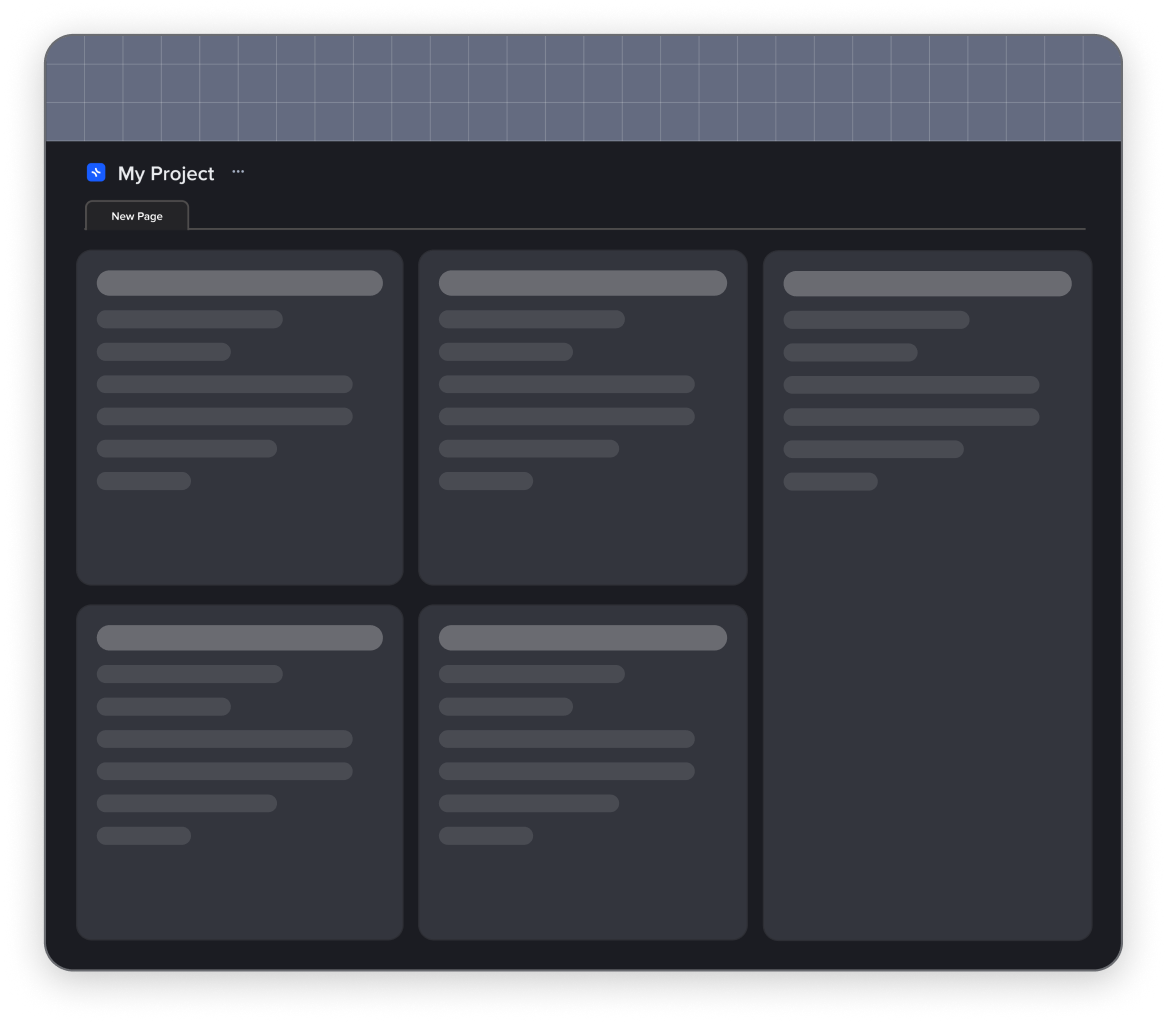This free startup management template streamlines the business planning process, enhances team collaboration, and ensures consistency across various business activities by providing a customizable structure for project planning, task tracking, and business documentation.





